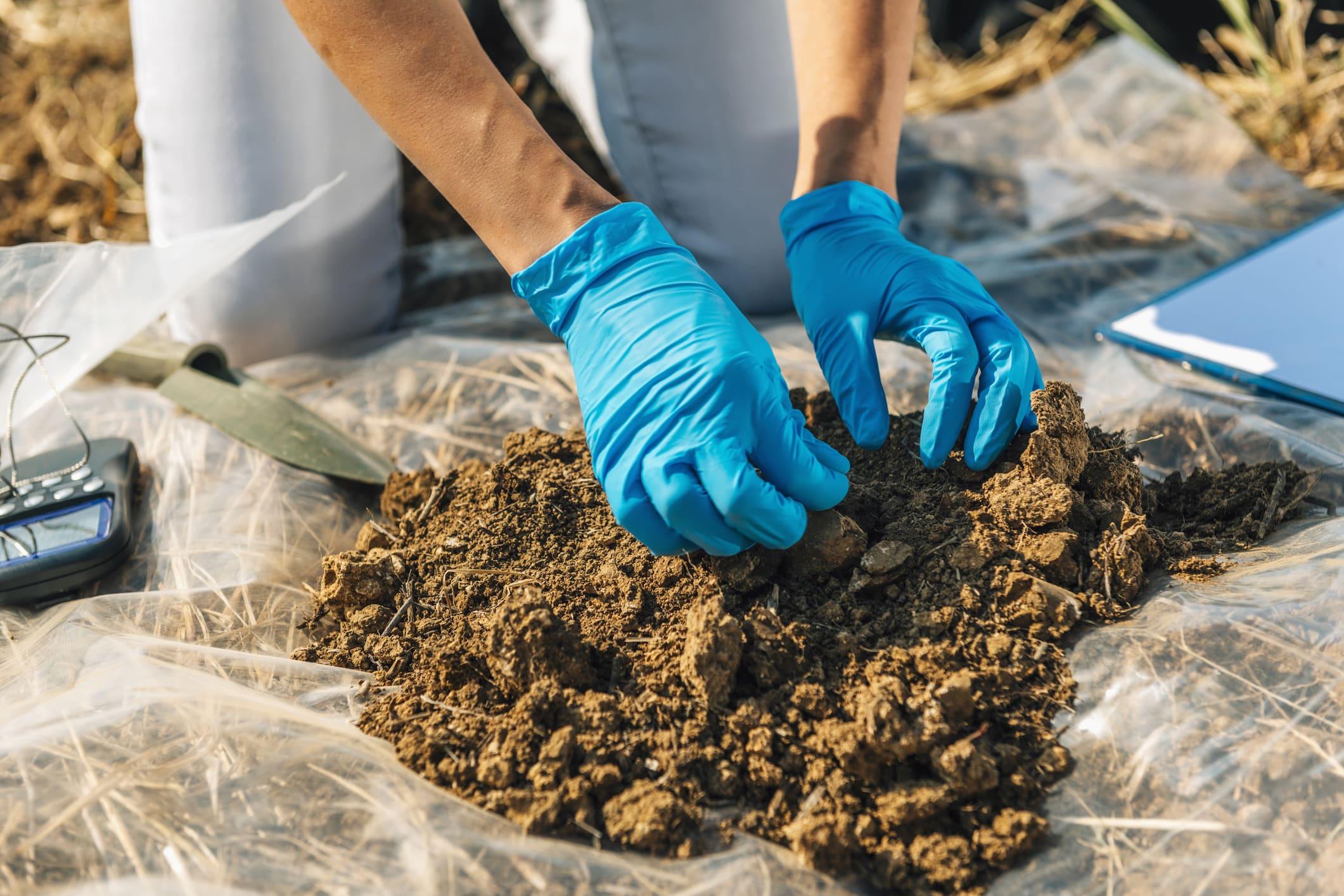Ah, the joy of a brand-new countertop! It gleams under the light, promising a space that’s both beautiful and functional. But before you unleash your inner chef or makeup maestro, a crucial question arises: can you use your countertops right after installation?
The answer, like most things in life, isn’t a simple yes or no. It depends on a few key factors, including the type of countertop material, the installation process, and any specific recommendations from your countertop installer.
This guide will delve into the world of countertop curing times, explore different materials and their quirks, and offer tips to ensure your new countertops have a long and beautiful life.
The Science of Curing: Why Waiting Might Be Wise
Most countertop materials rely on adhesives to secure them to the cabinets below. These adhesives, whether silicone-based or epoxy, need time to fully cure and reach their maximum strength. Think of it like freshly baked bread – it might look delicious, but you wouldn’t want to carve into it straight out of the oven.
Here’s a breakdown of curing times for common countertop materials:
- Laminate: The good news is laminate countertops are generally ready for use immediately after installation. The adhesive cures quickly, and the surface itself is quite durable.
- Granite, Quartz, and Soapstone: These natural stone beauties require a bit more patience. The adhesive used for them typically cures within 24 hours, but some installers might recommend waiting a further 48 hours for optimal strength.
- Concrete: Unlike its pre-fab counterparts, custom concrete countertops take a while longer to cure. Depending on the thickness and mix used, they might require a wait of several days before full use.
Beyond Adhesives: Sealants and the Importance of Patience
Even if the adhesive is cured, some countertop materials benefit from an extra layer of protection: a sealant. This is especially true for natural stones like granite, which can be susceptible to staining.
Sealants typically need time to dry completely as well. While some might be ready within a few hours, others could take a full day or more. Again, following your installer’s instructions is key.
Using Your Countertops with Care: A Post-Installation Primer
So, you’ve waited the recommended time – congratulations! Now you can finally unleash your culinary creativity or get down to business in your newly revamped bathroom. But even with a fully cured countertop, a little caution goes a long way:
- Avoid placing hot pots and pans directly on the surface. While some materials are heat-resistant, it’s always better to err on the side of caution and use trivets or hot pads.
- Be mindful of sharp objects. Cutting directly on your countertop might not be the best idea, especially for natural stones like granite or soapstone. Invest in a good cutting board to protect your investment.
- Clean up spills promptly. Especially for porous materials like concrete, letting spills sit can lead to staining. Wipe up any messes with a damp cloth and a mild cleaning solution recommended by your countertop fabricator.
The Final Touches: When Sinks and Appliances Come into Play
Many countertop installations involve integrating elements like sinks and cooktops. Here’s what to keep in mind:
- Sinks: Often, sinks are installed after the countertop itself. This allows for a seamless fit and proper sealing. Double-check with your installer on the wait time before using the sink after installation.
- Cooktops and Appliances: Similar to sinks, cooktops and other appliances are usually installed after the countertop is secured. Make sure the countertop is fully cured and any surrounding sealants are dry before placing appliances.
Keeping Your Countertops Looking Their Best: Maintenance Matters
Once the initial curing period is over, proper maintenance is essential for keeping your countertops looking their best for years to come. Here are some general tips:
- Regular cleaning: Use a mild soap solution and a soft cloth for daily cleaning. Avoid harsh chemicals or abrasive cleaners, as they can damage the surface.
- Resealing (if applicable): Some countertop materials, like granite, require periodic resealing to maintain stain resistance. Consult your installer or the manufacturer’s recommendations for the specific resealing needs of your countertop.
- Prevention is key: Using coasters for glasses, placing hot items on trivets, and avoiding harsh chemicals are all simple ways to prevent scratches, stains, and other damage.
Conclusion: Patience is a Virtue, Especially with Countertops
While the urge to immediately christen your new countertops with a culinary masterpiece might be strong, resisting the urge to use them right away can save you trouble down the line. Following the recommended curing times and proper aftercare practices will ensure your countertops remain beautiful, functional.






